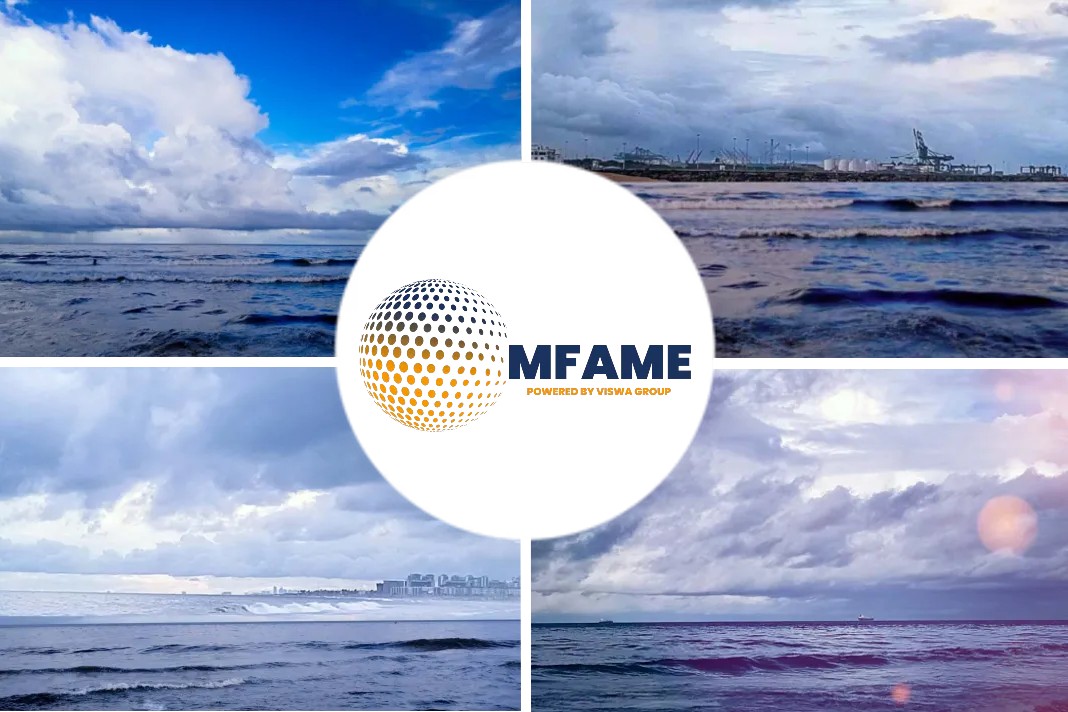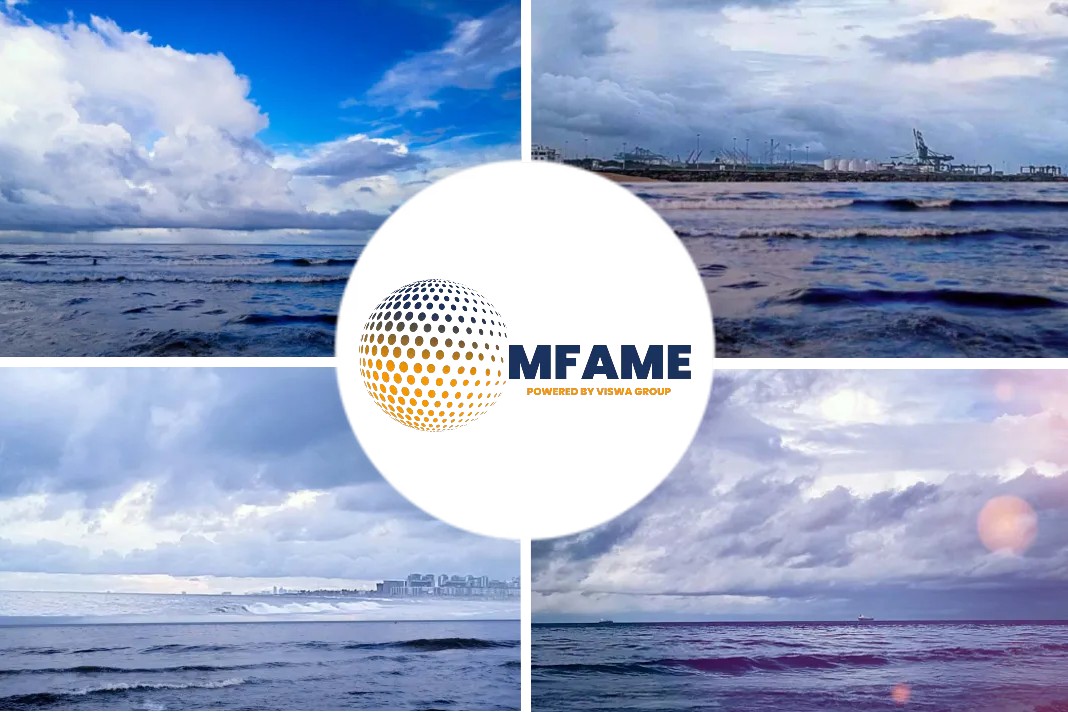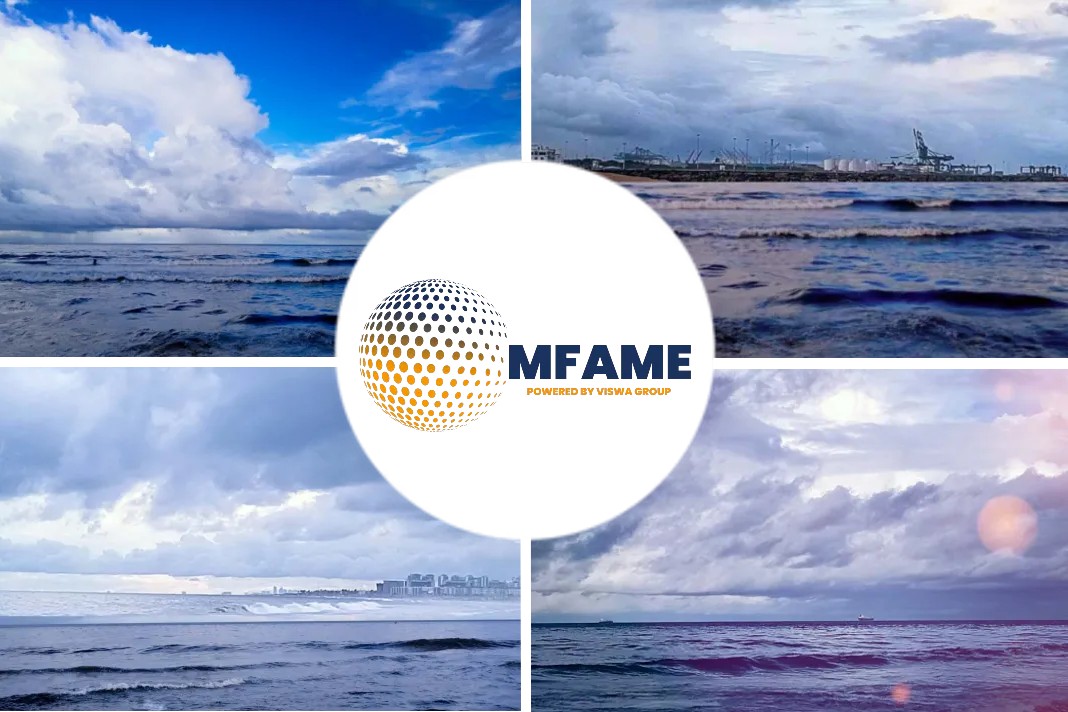 There has been a lot of chatter as to how the PSU refiners will benefit and see an increase in gross refining margins (GRMs) once the IMO 2020 rules kick in with effect from January 01, 2020, reports CNBC TV18.
There has been a lot of chatter as to how the PSU refiners will benefit and see an increase in gross refining margins (GRMs) once the IMO 2020 rules kick in with effect from January 01, 2020, reports CNBC TV18.
IMO 2020 Regulations
IMO has ruled that from January 01, the marine sector will have to reduce sulfur emissions by 80% by switching to lower sulfur fuels.
Higher sulfur content in fuel is major contributor to air pollution. Sulfur content in marine fuels will have to be reduced to 0.5 percent vs 3.5 percent allowed earlier.
Spike in diesel demand
From January 2020, as HSFO (high sulfur fuel oil) goes out, alternatives could be very low sulfur fuel oil (VLSFO), diesel oil, LNG or HSFO, with a scrubber installed on the carrier.
Reports suggest that the best alternative to high sulfur fuel oil is diesel and this will increase diesel demand. Consumption of diesel as a marine fuel is likely to increase from 0.75mnbpd to 3.3mnpd in 2020.
This will result in an additional demand of 2.6mnpd of diesel, which is almost 6X the average annual incremental demand since 2000.
Since refineries will not be able to completely meet this demand, it will lead to a spike in diesel cracks and ultimately will improve overall refining margins. Some calculations suggest that diesel cracks due to this could be improved to $25-$30/bbl (vs $15/bbl currently).
Considering that diesel typically forms ~40% of the output for a complex refinery in Asia (~45% for RIL and OMC owned refineries such as Paradip, Bina and Bhatinda), GRMs at such plants could improve by US$ 4-6/bbl from 2020.
Raise in diesel crack
According to Motilal Oswal, amongst all Indian refiners,
- The oil marketing companies have a diesel yield of 40-48%.
- Independent refiner, MRPL has diesel yields of 41 percent.
- Nayara (erstwhile Essar) Oil has a diesel yield of 48%.
- Joint venture refineries, HMEL and Bina have diesel yields of 44.9% and 47.5%, respectively.
- Numaligarh Refinery appears to have the highest yield of 64.9%.
Ceteris paribus, an increase of USD 5/bbl in diesel crack would raise the GRMs of OMCs by USD2-2.4/bbl and RIL by ~USD 1.7/bbl.
All other refiners would see an increase of USD 2-2.4/bbl, except NRL, which would witness an increase of USD3.2/bbl.
They estimate that ceteris paribus, the rise of USD 5/bbl in diesel crack would increase consolidated EBITDA of OMCs by 15-22% and that of RIL by 7%. The standalone EBITDA of MRPL would increase by 44%.
Risks to IMO impact projections for diesel
Shipping companies could mitigate the IMO impact by:
- Continuing their HSFO consumption in combination with an on-board scrubber facility.
- Marine-exhaust cleaning equipment is known as scrubbers. The installation of scrubbers would allow for the continued use of HSFO. Scrubbers cost ~US$ 5 mn/vessel to install and have a low operating cost.
- A heavier, less efficient ship that uses more fuel per day would have a faster payback period. Such economics make scrubbers seem like an obvious option for most ships, especially heavy bulk carriers and tankers.
- However, installation is a challenge as there is limited availability and there will be some loss to revenue during installation.
- Additionally, some countries like China and Singapore have banned open-loop scrubbers, which could be followed by other countries.
2. Switching over to an alternate fuel such as LNG or biofuel.
- There are ~100 LNG-fueled vessels globally and the order book stands at ~100 ships over the next year. Retrofitting a ship to use LNG is costlier than installing a scrubber but has fuel price advantages.
- Infrastructure limitations and a lack of appropriately equipped ships will keep LNG a niche option for the early part of IMO 2020.
3. Settling for non-compliance with norms at the local level.
- The enforcement of IMO rules by individual countries is governed by domestic laws, most of which are vague by design to leave room for interpretation and vary a great deal in terms of inspection rates and the severity/nature of penalties.
- With the date approaching soon, it will be interesting to see how the new regulations come into force and are adhered to.
- However, a recent IEA report suggests that Scrubbers will keep HSFO in play for bunkers and that 5200 vessels will have scrubbers fitted by 2024, around 5% of the global fleet.
IMO benefits not sustainable
Additionally, some brokerages also have a view that the benefits from IMO are not sustainable.
- Kotak says, the impact will be contingent on effective compliance by the shipping industry, which remains highly uncertain and even if the benefit comes through it is difficult that it will stay for long.
- Motilal Oswal says that while diesel cracks could benefit GRMs, an oversupply of other products could well negate the overall effect as higher refinery runs for diesel will also mean higher production of other products like LPG, naphtha, petrol, ATF among others.
Did you subscribe to our daily newsletter?
It’s Free! Click here to Subscribe!
Source: CNBC TV18


























